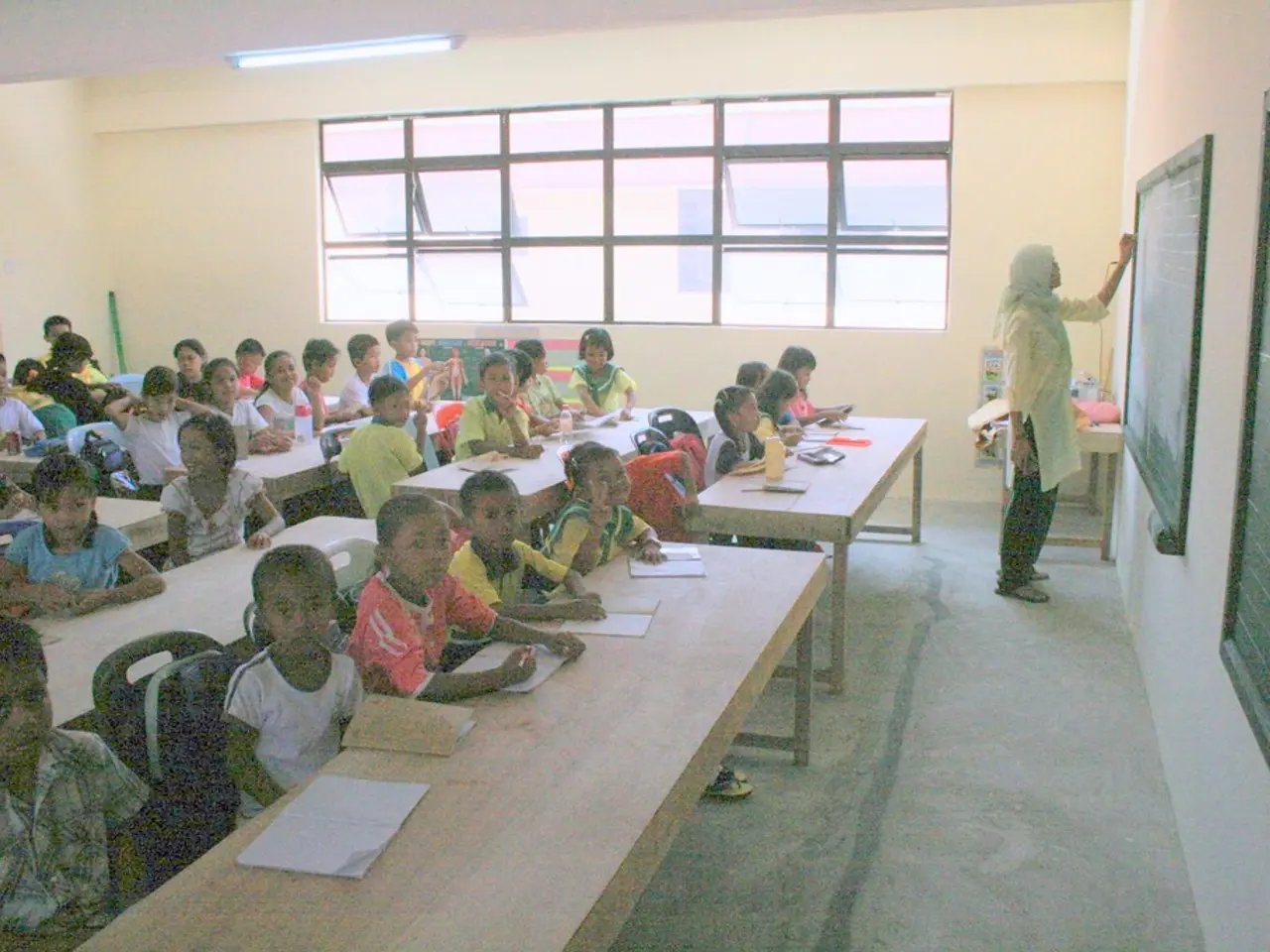Detailed Insight into Psychoeducational Evaluations
In the realm of education, psychoeducational assessments have emerged as a vital tool for understanding and supporting students' learning journey. Educational psychologists play a pivotal role in this process, providing insights that inform individualized educational plans and support educators in optimizing learning environments and instructional strategies.
Psychoeducational assessments are comprehensive evaluations designed to understand an individual's cognitive, emotional, and educational functioning. These assessments are crucial for identifying learning disabilities, giftedness, and other educational challenges. Common tools used in these assessments include the Wechsler Intelligence Scale for Children (WISC), the Woodcock-Johnson Tests of Cognitive Abilities, behavioral assessments like the Conners 3, and rating scales like the Behavior Assessment System for Children (BASC).
The latest trends in psychoeducational assessments focus heavily on technology integration and continuous updating of assessment tools. Computerized and digital assessments are increasingly replacing traditional paper-and-pencil tests, enhancing efficiency, standardization, and data collection capabilities. For example, intelligence tests like the Wechsler scales can now be administered virtually, expanding access and convenience.
New tests, such as the Reasoning and Intelligence Online Test (RIOT), represent a software development model applied to psychological testing. RIOT is fully computer-administered and updated frequently, ensuring the assessment remains aligned with the latest research and user requirements. Accessibility considerations are also being addressed, with paper formats still used for individuals with disabilities that limit computer use or for young children and those unfamiliar with technology.
Data analysis and interpretation are given significant emphasis in these assessments. Selecting, administering, and interpreting psychoeducational assessments skillfully, including advanced data analysis techniques, are crucial for informing educational interventions and support.
Re-evaluations, occurring at regular intervals, aim to determine the efficacy of previously implemented interventions and whether adjustments in educational strategies are required. They provide updated data that can assist in revising Individualized Education Programs (IEPs) or tailoring interventions to better meet the evolving needs of students.
Future trends in psychoeducational assessments include the integration of digital tools and platforms, a growing emphasis on culturally responsive assessments, and the emergence of tele-assessment for increased accessibility and flexibility. However, it's important to note that misdiagnosis is a potential limitation in psychoeducational assessments, particularly when external factors, such as socio-economic conditions or cultural and linguistic differences, are not adequately considered.
In sum, psychoeducational assessments are increasingly leveraging technology for remote administration, real-time updates, and enhanced data analytics, while maintaining flexibility to address accessibility needs and grounded in current research evidence. These trends enable more precise, efficient, and individualized educational psychological evaluations, significantly influencing student development and learning outcomes by providing comprehensive insights into a student's cognitive abilities, academic skills, and emotional well-being.
e-Learning platforms can be utilized to deliver and support various instructional strategies, helping to reduce cognitive load in psychoeducational assessments. This integration of technology in education-and-self-development can facilitate interactive and personalized learning experiences, effectively contributing to students' overall cognitive development and learning outcomes.
In the context of continuous assessment updates, educators and psychologists should collaborate to apply emerged learning from psychoeducational assessments to refine and optimize their instructional strategies, thereby enhancing the efficiency and effectiveness of education and self-development.




